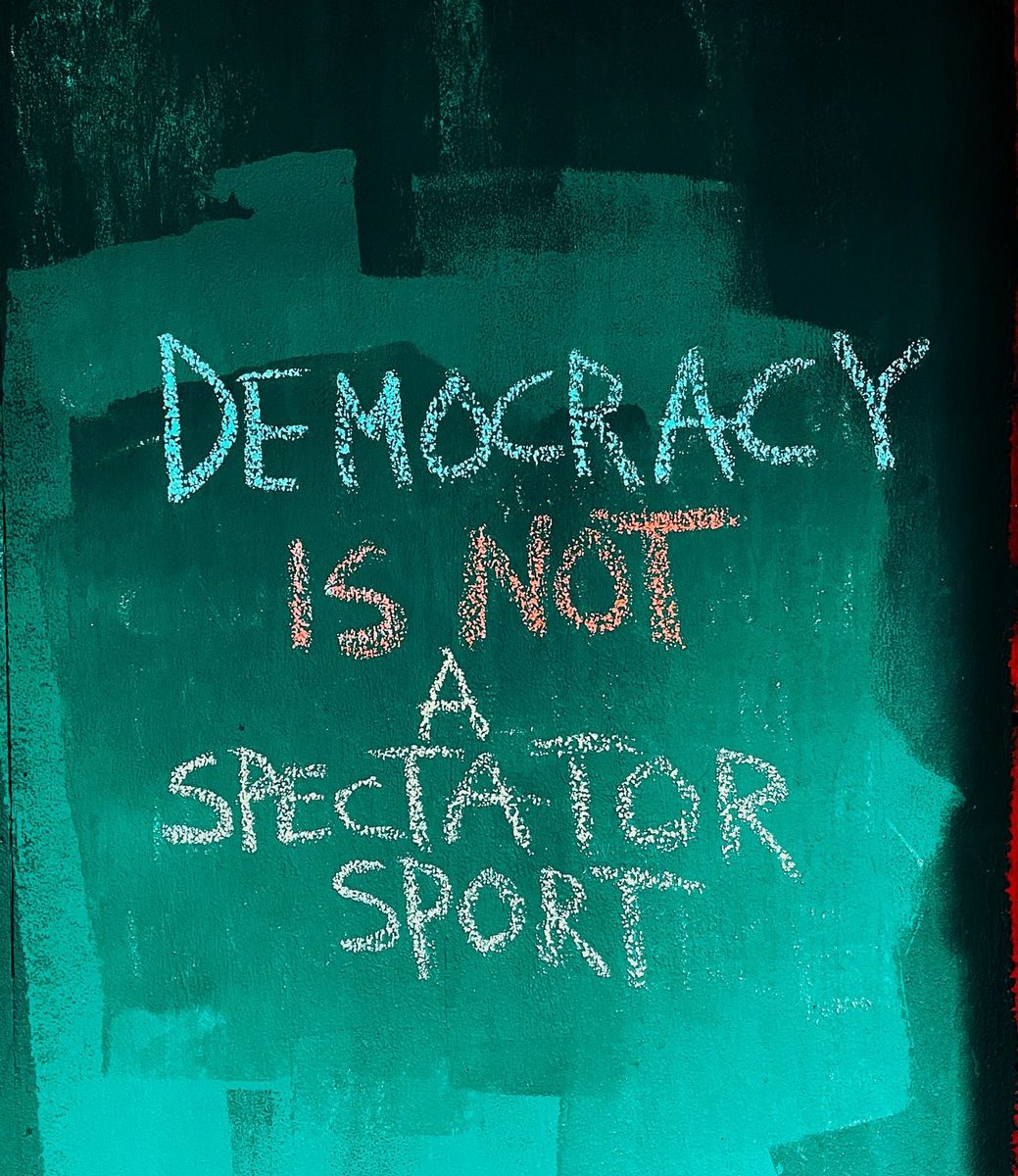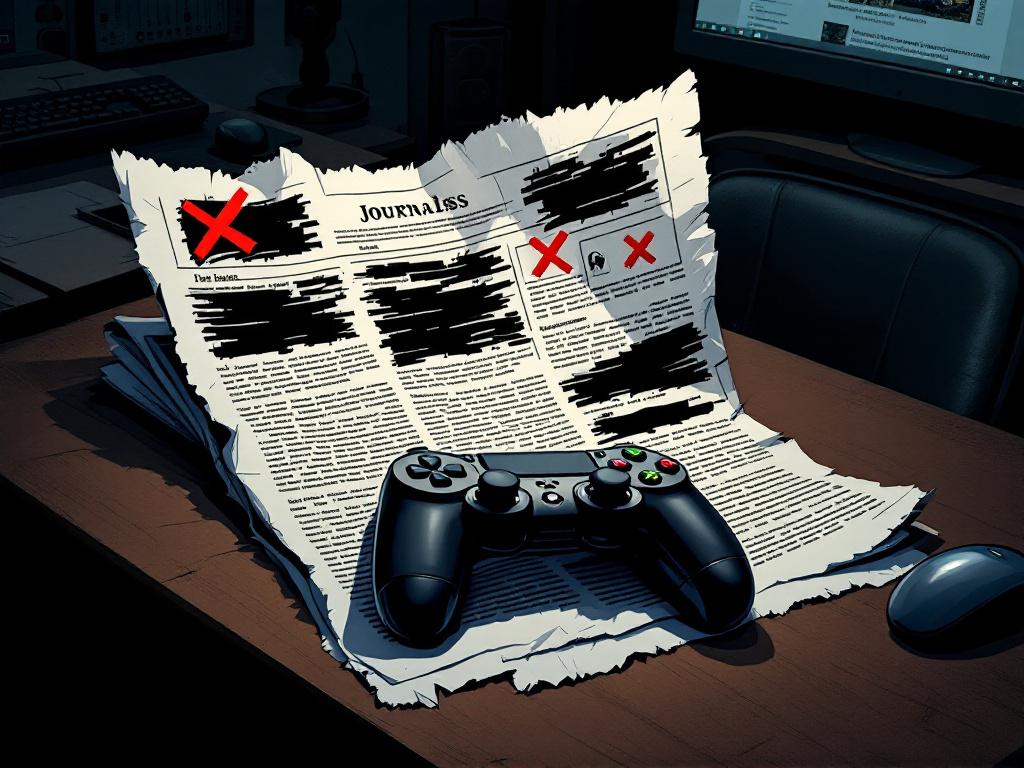In a scathing and deeply personal account, Karen Attiah—former global opinions editor at The Washington Post—lays bare a chilling truth: the American press isn’t just reporting on the rise of right-wing extremism; in many cases, it’s enabling it. Attiah’s abrupt firing from the Post isn’t just a professional setback—it’s a symptom of a media landscape increasingly reluctant to challenge the narratives of power, particularly those aligned with Donald Trump’s brand of populist authoritarianism.
Attiah’s essay is more than a reckoning with her own ouster; it’s a warning. She argues that outlets once seen as bulwarks of democratic accountability are now softening their criticism, avoiding confrontational language, and even echoing Trumpist talking points—not because of government censorship, but because of a creeping, self-imposed timidity. The fear of backlash, the chase for clicks, and the desire to avoid being labeled „biased“ have led to a dangerous normalization of extremism. When journalists hesitate to call out lies, when editors water down headlines, and when opinion sections platform fringe voices under the guise of „balance,“ the media becomes complicit in the erosion of truth itself.
This isn’t just about one newspaper or one editor. Attiah’s story reflects a broader pattern: as the GOP lurches further right, the press is struggling to keep up—not with investigative rigor, but with moral clarity. The result? A public discourse where conspiracy theories gain traction, where authoritarian rhetoric is treated as just another „perspective,“ and where the guardrails of democracy weaken by the day.
Attiah’s piece is a call to arms for readers and journalists alike. It asks: If the media won’t defend democracy, who will? And if the cost of speaking truth to power is a career, is it a price worth paying? Read her essay—not just for the inside story, but for the urgent questions it raises about the future of American journalism.



